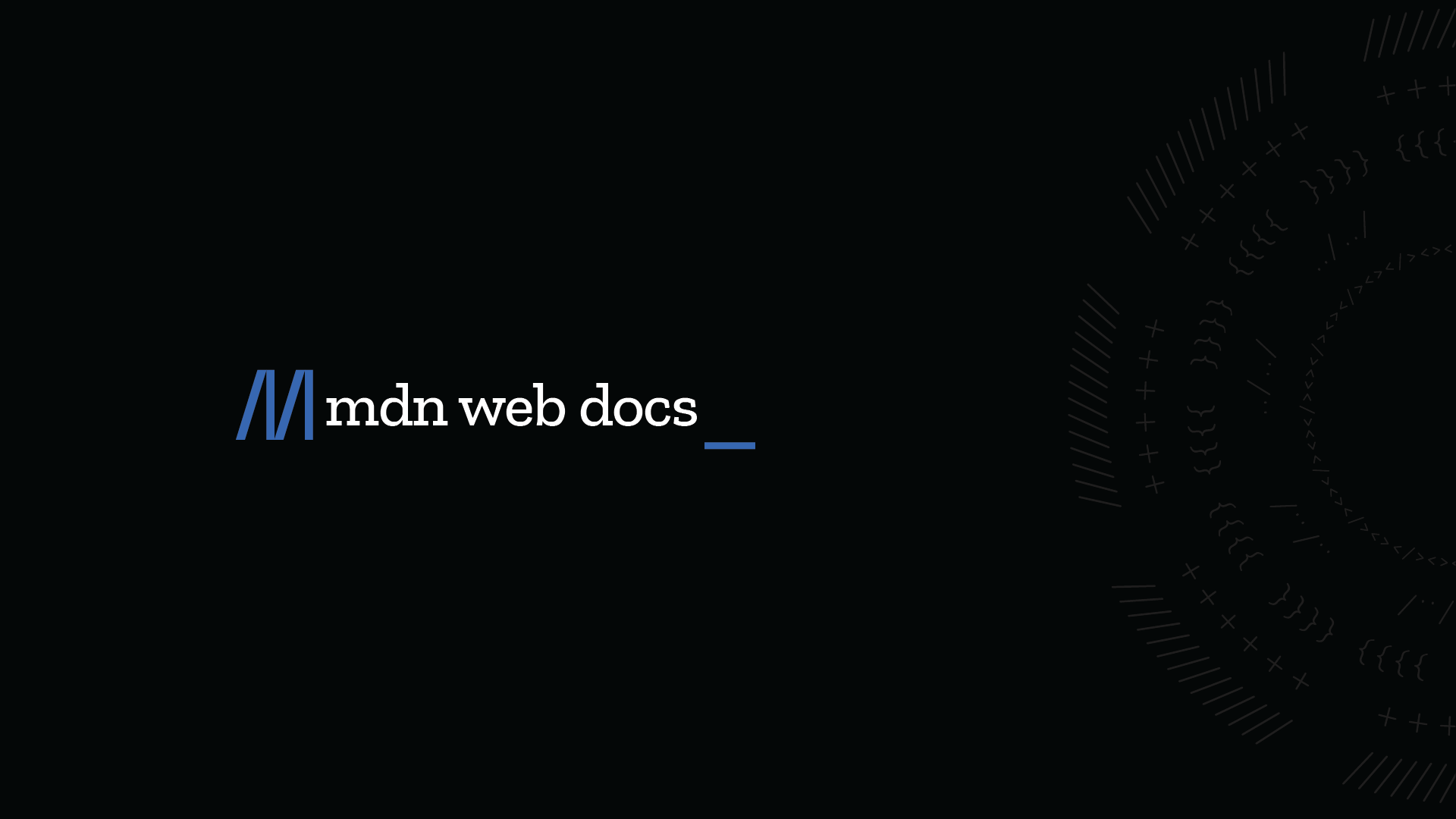
"Let's consider a popular topic of discussion: "Is the JPEG format still the best for image compression?" Unfortunately, there is no clear answer. Every task has its own unique context. Do you want to optimize the encoding speed? Or do you need to serve high-resolution photos for professional photographers? What if you are storing a bank of screenshots or rasterized vector graphics?"
"When deciding which compression method to use for your images, experiment a little to find what best suits your needs. As with any system, it's always a good idea to start with a clear list of requirements - both functional (what the system should do) and non-functional (important system metrics). You might want to think through some of these questions: What types of images are you working with? Are there animals (be aware of fur and feathers), maps, rasterized HTML elements, or vector graphics? They all behave differently."
Choice of image codec depends on the task and the specific trade-offs between encoding speed, compression efficiency, and output quality. Different image types—photos with fur or feathers, maps, rasterized HTML, or vector graphics—behave differently under compression and influence codec selection. Consider image dimensions, target devices, processing budget, and whether encoding happens on-the-fly or offline. Start with clear functional and non-functional requirements, run experiments with several codecs, and perform quick cost and quality comparisons. For professional workflows prioritize higher quality or lossless options; for real-time needs prioritize faster encoders.
Read at MDN Web Docs
Unable to calculate read time
Collection
[
|
...
]